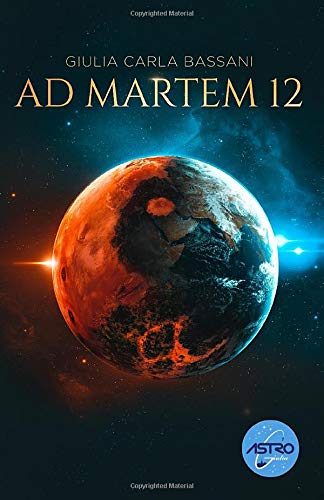Digital Marketing Analytics (making sense of consumer data in a digital world) by Chuck Hemann. Very readable, excellent walk thru because l find that some positions require you to speak the lingo.
The Puttermesser Papers by Cynthia Ozick. Not sure about this book but interesting read. Her style of writing is actually more entertaining.
A shout out to thriftbooks.com for their excellent website, quick turn around and best prices.
The Puttermesser Papers by Cynthia Ozick. Not sure about this book but interesting read. Her style of writing is actually more entertaining.
A shout out to thriftbooks.com for their excellent website, quick turn around and best prices.
